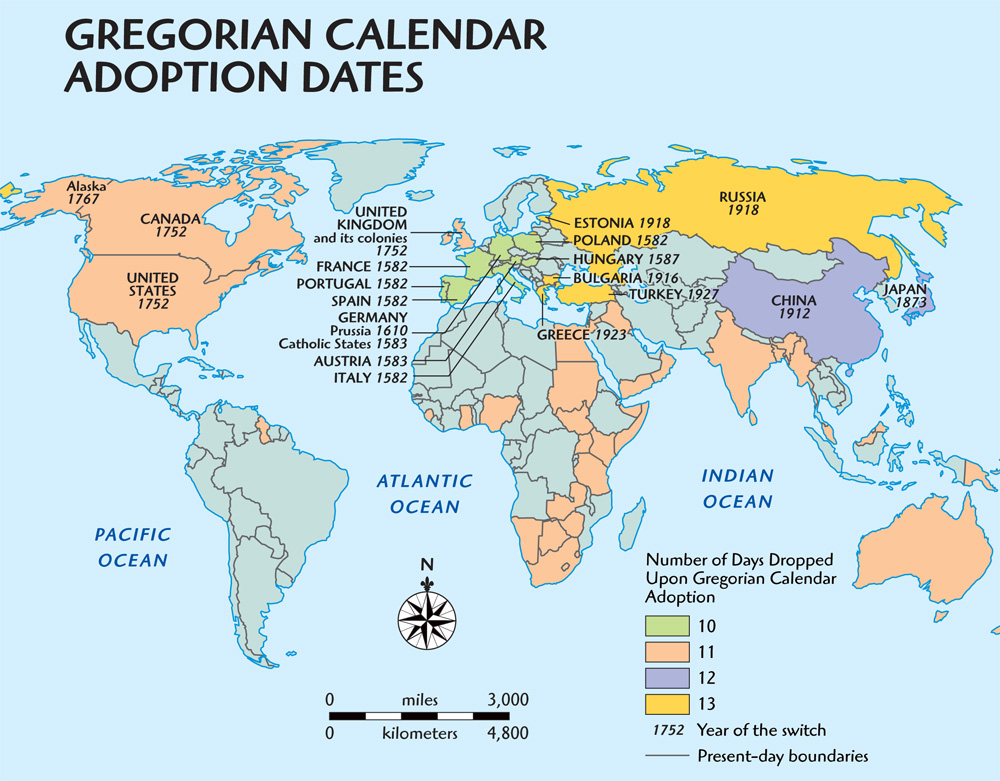Christmas traditions in Greece.
There are many traditions in Greece related to Christmas. There are also many local traditions depending on the part of Greece you come from. Here, we are going to share some of the traditions which are national and can be found all over Greece.
First of all "christmas" in Greek is "Χριστούγεννα" meaning the birth of Christ. It is celebrated on the 25th of December. On Christmas day people go to church for the christmas mass and later on they gather all together, in families, and have a festive lunch. One the major characteristics of christmas festivities is family and friends' gatherings. People celebrate and have fun together, exchanging gifts and wishes. The house smells sweets and tasty food specially prepared for Christmas.
Women prepare pork in the oven, with potatoes, christmas rice, and fruit. Some other may cook a turkey filled with christmas rice. Special delicacies such as melomakarona, kourabiedes, diples, kataifi are hard to resist.
 |
| Pork with potatoes |
 |
| Roasted turkey with christmas rice | |
|
 |
| Melomakarona and kourabiedes |
|
On the 24th of December, the children go from door to door, house to house and sing the Christmas carols. The also carry a small instrument called "trigono" to accompany theirs carols with its chiming sound.
In Greece we decorate the christmas tree and a little boat. The geomofphology of Greece is diverse. We have steep mountains full of beautiful fir trees and many islands with long maritime and seafaring tradition and history. Those from the mainland decorate christmas trees and those form the island decorate a small boat.
In Greece the gifts to the children are brought by Agios Basilios. We celebrate Agios Basilios on he first day of the new year. Agiow Basilios was the archibishop of Caesarea and Kappadokia. The last day of the year, the children sing Agios Basilios' carols. Agios Basilios is also the Saint of letters and scholars. If you look at the Byzantine depiction of the Saint, he was asketic and he never wore red clothes. He was kind and took care of all the poor people.
For the first day of the year, we bake a big cake or pie called "Basilopita". Inside the pie we hide a coin. We share the pieces to the family and friends and one who find the coins is supposed to be lucky during the new year.
A very old tradition, which dates back to the antiquity, is throwing and breaking a pomegranade before entering the house the first day of the year. It symbolises abundance, fertility and is related to Persephony and the connection with the underworld. It is the fruit of good luck, happiness and prosperity.
After Christmas, the 6th day of the new year, we celebrate epiphany. Children sing carols once more the day before. We go to church and during the liturgy the priest performs a ceremony. He through a cross in the water, sea, lake or pool and people dive to catch it. The one who catches the cross first is blessed for the whole year.
Folk tradition says that day, the dark creatures from the underworld, get scared from the holy water and leave. Those creatures called "Kalikantzari" are like goblins, making mischief on peoples' lives and belongings. They are supposed to be trying to cut the tree which holds earth all year round until the day of epiphany when the holy water scares them away.
 |
Kalikantzari cutting the tree whic holds earth!
|
These are only some and only a few of our Christmas traditions. It would be intersting to see if share some of them, if you have similar one and compare the differenes or similarities. Some might have a common link with all religions, belonging to those old days when people believed in the forces of nature as deities.










